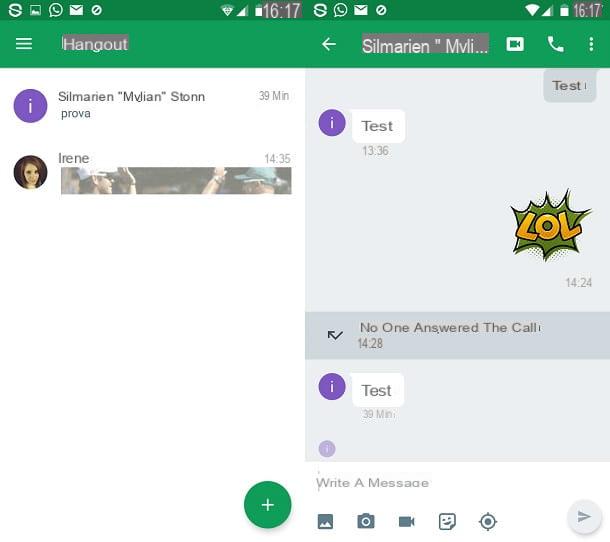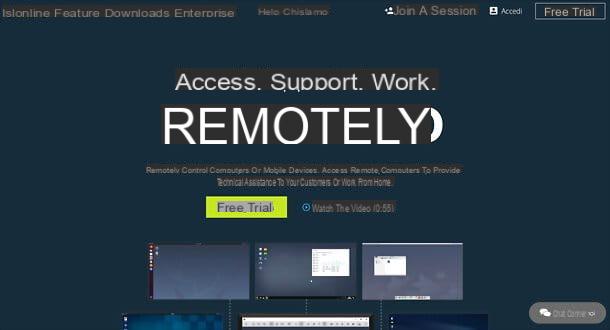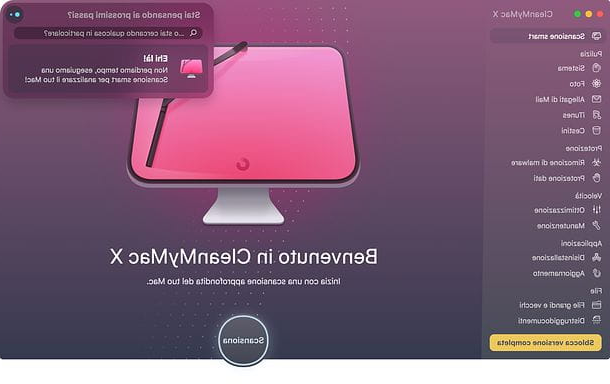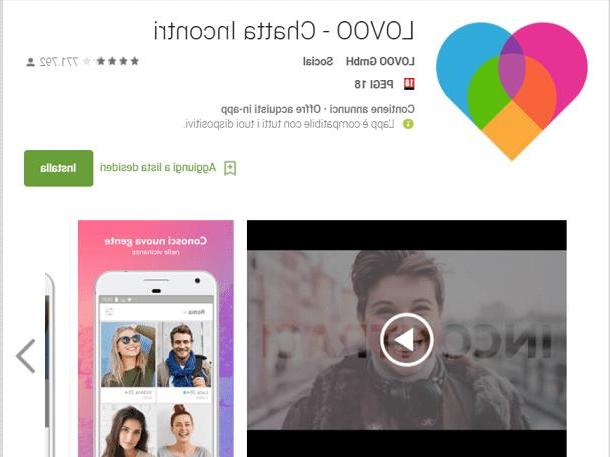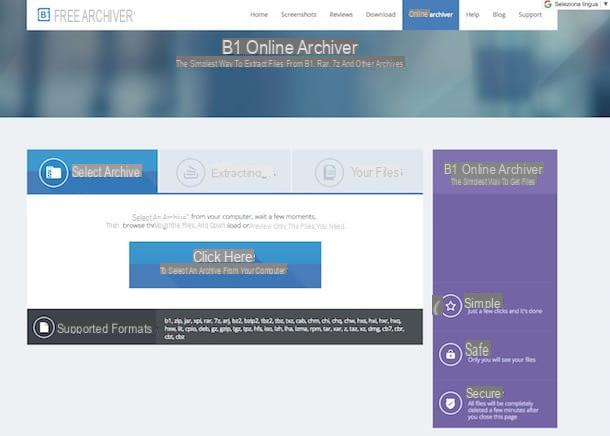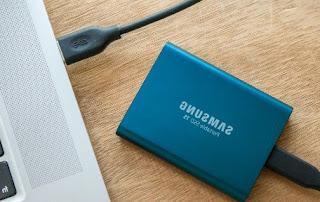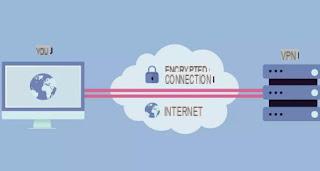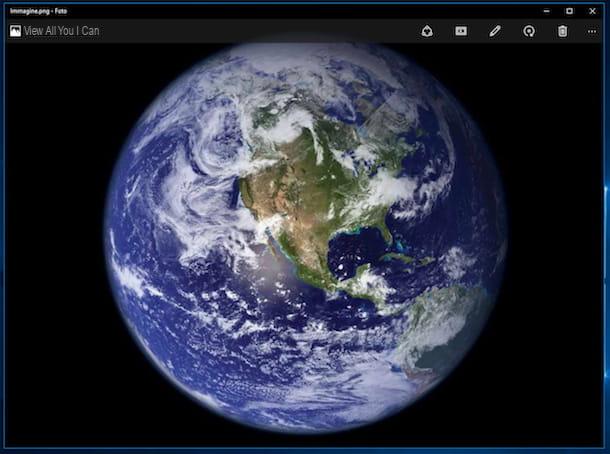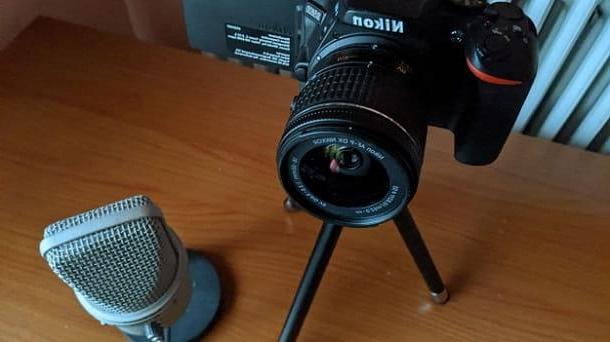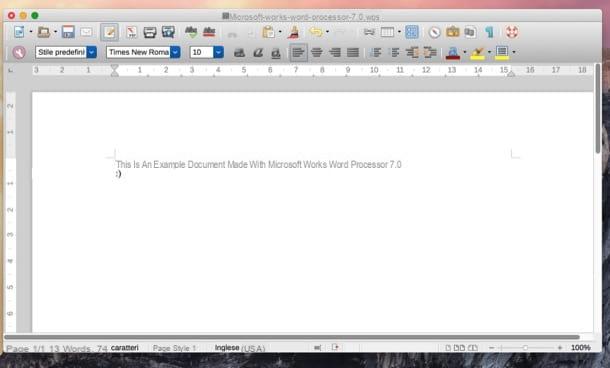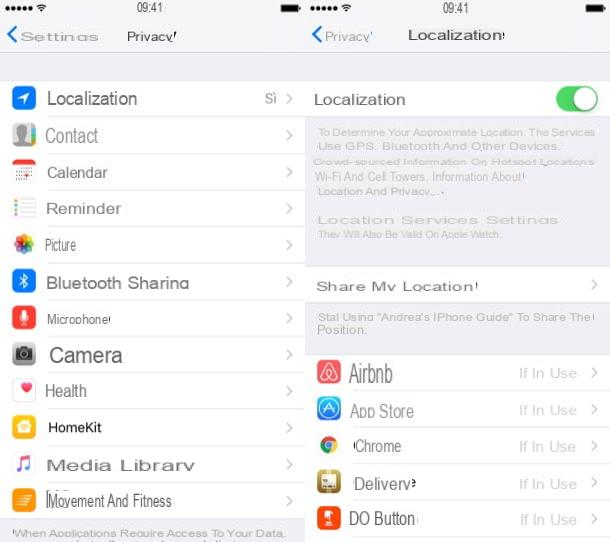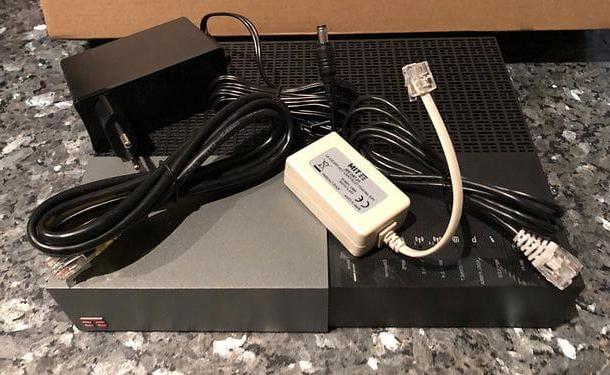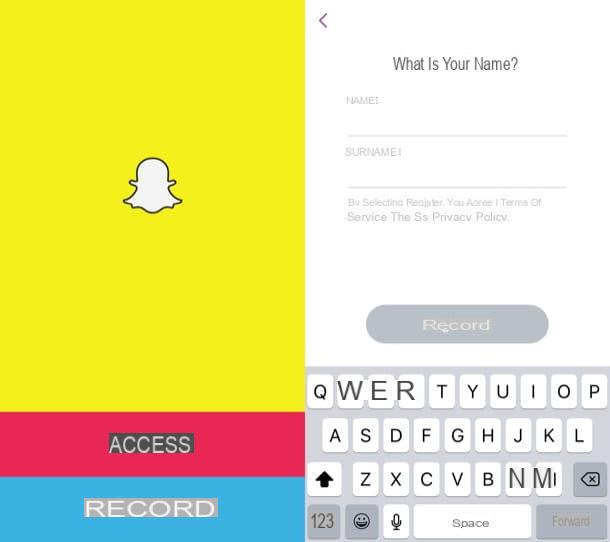How to open opus files from computer
Numerous audio programs allow you to play opus files from your computer, as long as you install small additional software, called “codecs”, to expand their compatibility. I personally am not very inclined to suggest this type of approach as, in many cases, codec packs contain spyware and other annoying software that could harm the stability of your operating system. Therefore, I have decided to suggest two solutions that do not involve the use of similar techniques: the first in fact provides for the presence of a browser of your choice between Google Chrome e Firefox, while the second solution can be put into practice simply by installing the open source program VLC (which includes all the codecs you need inside it).
Browser (Windows / macOS / Linux)
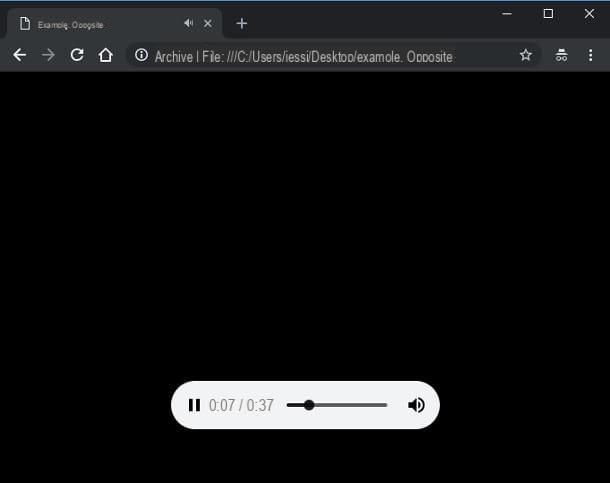
The simplest way of open opus file from a computer is to use a browser that supports the audio coding applied: at the time of writing this guide, the most Internet browsing programs compatible with this type of file are Google Chrome e Mozilla Firefox, Both for Windows that for MacOS e Linux.
To use it, all you have to do is download the installation file from its official pages (by clicking on this link if you are interested in downloading Google Chrome and on this link if you are interested in installing Firefox), start it and follow the simple on-screen instructions to complete the setup.
This usually comes down to pressing buttons NEXT e Install su Windows, when required; regarding Macinstead, simply drag the browser icon into the folder Applications computer, through the appropriate window shown on the screen. If you wish to receive even more detailed information on the installation procedures dedicated to the aforementioned browsers, I invite you to consult my thematic guides on how to install Google Chrome and how to install Firefox.
Once the installation of the browser of your choice is complete, start it via its icon located on the desktop or in Start menu (the flag icon located in the lower right corner of the screen) of Windows, or in Launchpad di MacOS: once this is done, simply open the folder that contains the file of your interest via File Explorer di Windows or Finder Mac, then select with the mouse and drag the audio in question directly into the browser window.

If everything went well, a mini music player should appear in the active tab: all you have to do, at this point, is to click on the small ▶ ︎ button to immediately start playing the audio contained in the file opus. Have you seen? It wasn't that hard!
VLC (Windows / macOS / Linux)

If the idea of dragging opus files into the browser window every time just doesn't appeal to you, as you would like to play them in a media player exactly as you would for any other type of audio file, then the most convenient solution I would like to suggest is VLC.
For your information, VLC is an open source, cross-platform and completely free program, which embeds in itself a large number of multimedia codecs (ie bits of program able to "understand" and play audio in compressed format): this means, in practice, that VLC is able to play most of the existing audio and video formats, without installing any other type of software or codec taken from external (and often unreliable) sources. Clearly, VLC is capable of opening, reading and organizing opus files perfectly as well.
How do you say? Now I have intrigued you and you can't wait to install the program? Perfect, let's proceed immediately: first, connected to its official website, click on the button Download VLC and wait for the installation file (in .exe if you use Windows or in .dmg if you're using macOS) is completely copied to disk.
At this point, launch the file thus obtained and, if you are on Windows, click in sequence on the buttons Yes, OK, Next three consecutive times, Install e end. If, on the other hand, you are using MacOS, drag the icon of VLC in the folder Applications Mac. Once the setup procedure is complete, you are ready to use the program: first, therefore, locate VLC on the desktop di Windows or in Launchpad on your Mac, start the program and click on the button Continue to grant it permission to automatically download multimedia information and updates from the Internet. On Mac, you may need to click the button on first start apri to bypass macOS restrictions on applications from non-certified developers.

At this point, you have two possible ways to open an opus file: you can go to the menu Media> Open File (on Windows) or File> Open File (on MacOS), located at the top, and then select the audio of your interest using the panel of File Explorer/Finder proposed or, if it is your intention to play more files, you must select the item Open multiple files from the VLC menu to put them in a playlist.
Alternatively, you can start the opus file of your interest by simply selecting it in the File Explorer (su Windows) about del Finder (on Mac) and dragging it with the mouse inside the main interface of the program, the one identified by an icon in the shape of traffic cone. If you want to create a playlist instead, you have to press the key combination Ctrl + L to display the screen Scaletta and drag files into it.
To start playing a file, you have to press the button ▶ ︎ located in the lower push-button panel of the program, on which all the other keys dedicated to playback control are also located (break, previous song, next song, stop, Shuffle Playback, repeat song and so on).
For your information, VLC is a truly complete software that, in addition to playing opus files, can operate with a huge number of formats, both audio and video, applying filters, additional encodings, effects, subtitles and much more if necessary. If you are interested in learning more about the subject, I invite you to consult my guide dedicated to VLC Media Player, in which I was able to illustrate the most important features of this excellent software.
How to convert opus

If the methods mentioned above, for some reason, don't help you, you can convert i file opus in a more "common" format, for example mp3, so as to be able to reproduce the audio contained within them through the classic programs to listen to music (eg. Windows Media Player).
For this guide, I have chosen to rely on the online service Convertio, through which it is possible to brilliantly complete this task with a few simple steps. To begin with, connect to the dedicated Internet page and make sure that the conversion format is OPUS in MP3, otherwise set it yourself using the two drop-down menus located on the right side of the page.

Once this is done, press the small icon in the shape of computerselect il file opus you want to convert and, if necessary, repeat the operation with all the audio you want to convert, by clicking on the button Add more files. When you're done, press the button Converted: after a few seconds, the file should be converted to MP3. To download it to your computer, all you have to do is press the button Download placed next to the name of the converted file.
How to open opus files from smartphones and tablets
How do you say? Are you going to open opus via your smartphone or tablet? Don't worry, this operation is also absolutely feasible! In the lines below, I am going to explain to you two efficient methods to accomplish the goal you have set for yourself: the first involves the instant messaging apps WhatsApp and Telegram, while the second involves the use of the app. VLC to Android e iOS. The choice of the method you deem most appropriate is up to you!
WhatsApp / Telegram

As I mentioned in the introductory lines of this guide, the voice notes recorded through the apps WhatsApp e Telegram they are in opus: this means, in practice, that both messaging systems are able to play these files without problems.
So, to listen to the file of your interest, you could send it via WhatsApp or Telegram to your friend (or yourself, if you are using the last app mentioned) and play it from within the chat window, exactly as if it were an audio file any.
To do this, access the file in question through the app you deem most appropriate (e.g. the apps Fillet of Android and iOS), presses the button sharing (the three dots joined on Android or square with up arrow on iOS) and tap the icon WhatsApp / Telegram in the choice panel. At this point, you just have to indicate the chat to which to forward the file, wait for it to be correctly loaded and tap on its preview to start playing it. That's all!
VLC per Android e iOS

If, on the other hand, you don't intend to involve other friends or you don't usually use the aforementioned instant messaging systems, you can make your life easier by installing the VLC on Android or iOS: exactly as already seen in the computer guide section, this small app allows the playback of opus audio files without the need to install any type of add-on.
To get it right away, open the Google Play Store di Android, o l 'App Store di iOS, look for the VLC for Android app in the first case or VLC for Mobile in the second and proceed to install the application that best suits your device, as you normally would. Have you never installed an app before? Don't worry, I have explained to you in detail how to do it in my guides on how to download Android applications and how to download apps on iPhone.
Once you have obtained the most suitable app for your device, access the location of the opus file of your interest from the app through which you obtained it (e.g. the e-mail or browser) and tap on its preview: if everything went well, the file should open directly within VLC.
In some cases (for example when using the app Fillet of iOS), however, the association may not be automatic: in this case, after opening the preview of the file, presses the share button associated with it and, from the selection menu, select the item VLC / Open with VLC and that's it: after a few seconds, the audio should play smoothly.
How to open opus



